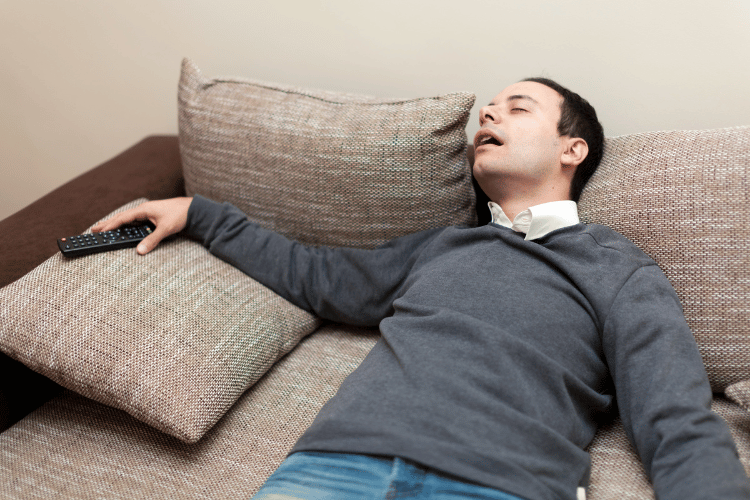
Choking on saliva during sleep can range from a minor annoyance to a distressing experience. It might occur only occasionally for some, but it could signify an underlying medical condition that warrants attention for others. Understanding why this happens, its risks, and how to prevent it can lead to better sleep quality and overall health.
This in-depth guide addresses the causes, risks, symptoms, and prevention of choking on saliva while sleeping. We'll also explore when to seek professional advice and provide actionable steps to improve sleep safety.
Why Do People Choke on Saliva While Sleeping?
Choking on saliva occurs when the body struggles to manage normal swallowing reflexes or when saliva buildup obstructs the airway. Here are the main reasons why this may happen:
1. Sleep Position
Sleeping in certain positions, especially on the back, can cause saliva to collect in the throat. This pooling reduces the efficiency of natural swallowing and increases the likelihood of airway obstruction. Gravity also plays a role, causing the tongue or soft tissues in the throat to fall back, further complicating airflow.
Solutions:
- Sleep on your side to reduce saliva pooling.
- Use a wedge pillow or elevate the head of your bed by a few inches to keep your airway clear.
2. Gastroesophageal Reflux Disease (GERD)
GERD, commonly known as acid reflux, occurs when stomach acid flows back into the esophagus. This acid can irritate the throat and airways at night, exacerbating the risk of choking. Lying flat worsens the condition, enabling acid and saliva to travel more easily into the airway.
Actionable Tips:
- Avoid spicy, oily, or acidic foods before bedtime.
- Use a wedge pillow to elevate your head and reduce reflux.
- If symptoms persist, consult your doctor about medications like antacids or proton pump inhibitors.
3. Neurological or Muscular Disorders
Neurological conditions such as Parkinson’s disease, ALS, or a history of stroke can impair the muscle coordination involved in swallowing. This condition, known as dysphagia, results in difficulties clearing saliva during sleep, increasing choking risks.
Solutions:
- Work with a speech therapist to improve swallowing techniques.
- Explore physical therapy or medications to manage symptoms.
- Seek advice from a healthcare professional on managing dysphagia.
4. Obstructive Sleep Apnea (OSA)
OSA is when the throat muscles relax excessively during sleep, causing intermittent airway obstruction. It often leads to pauses in breathing, gasping, snoring, or choking sensations. People with sleep apnea are also prone to saliva pooling, intensifying the choking risk.
Managing Sleep Apnea:
- Undergo a sleep study (polysomnography) to confirm diagnosis.
- Use a CPAP (Continuous Positive Airway Pressure) device as prescribed to keep airways open.
- Maintain a healthy weight and avoid sedatives or alcohol before bed.
5. Hypersalivation (Excessive Saliva Production)
Hypersalivation is a less common cause but can be triggered by factors like infections, medication side effects, or hormonal changes. Excess saliva accumulation is particularly problematic during sleep when swallowing reflexes slow down.
Tips to Manage Hypersalivation:
- Discuss medication adjustments with your doctor.
- Stay hydrated but avoid drinking excessive water close to bedtime.
- Maintain good oral hygiene to prevent infections that could increase saliva production.
6. Postnasal Drip
Excess mucus due to allergies or sinus infections can drip down the back of the throat, blending with saliva and causing irritation. This often results in coughing or choking sensations, particularly at night when lying flat.
Strategies:
- Use a saline nasal spray or decongestant before bed.
- Run a humidifier to moisten dry air, which can aggravate nasal passages.
- Take antihistamines if allergies are a known cause.
7. Acid Reflux and Its Role in Choking
Acid reflux plays a significant role in nighttime choking. Refluxed acid can enter the throat and airways, stimulating coughing or a gagging reflex. This can be particularly concerning for GERD patients, where frequent reflux episodes increase the chances of aspiration (accidentally inhaling saliva or stomach contents into the lungs).
Management Advice:
- Consume smaller, less acidic meals during the day.
- Avoid lying down within three hours after eating.
- Work with a gastroenterologist for advanced GERD treatment plans.

People Choke on Saliva While Sleeping
Symptoms of Choking at Night
Recognizing the symptoms of nighttime choking is essential. These signs can help determine underlying causes or whether immediate medical intervention is required.
Common Symptoms:
- Sudden inability to breathe, gasping, or coughing
- Persistent throat tightness or discomfort
- Abrupt awakenings with a sense of panic
- Gagging or a suffocating sensation
- Observed interruptions in breathing during sleep (e.g., sleep apnea episodes)
- Morning headaches from interrupted sleep or oxygen deprivation
When to Seek Medical Help:
If choking episodes are frequent or accompanied by severe symptoms like snoring, extensive fatigue, or GERD that doesn’t respond to lifestyle adjustments, consult a specialist. Persistent issues may require further investigation via diagnostic tools like sleep studies or endoscopic evaluations.
Prevention Strategies for Choking on Saliva While Sleeping
Several lifestyle changes and medical interventions can effectively reduce choking episodes, improving sleep safety and quality.
1. Optimize Your Sleeping Position
Sleeping on your side is highly recommended to keep your throat open and saliva away from the airway. Elevating your upper body using a wedge pillow can also help you breathe comfortably and securely.
2. Manage GERD and Acid Reflux
- Avoid eating rich or spicy foods close to bedtime.
- Sleep at an incline by elevating the bedhead or using specialized bedding.
- Include alkaline-rich foods like bananas that can help neutralize stomach acid.
3. Exercise Swallowing Muscles
Strengthening the muscles involved in swallowing can reduce the risk of saliva pooling. Exercises like effortful swallowing, chin tucks, or tongue resistance exercises can be performed regularly. A speech therapist can provide tailored guidance on these techniques.
4. Hydration and Oral Health
- Stay hydrated to maintain saliva balance during the day, but avoid large water intakes right before bed.
- Treat oral infections promptly to reduce saliva overproduction.
- Saliva-reducing lozenges may help if hypersalivation persists.
5. Use Assistive Devices for Sleep Apnea
If sleep apnea contributes to choking, a CPAP machine or positional therapy can be life-changing. These interventions prevent airway collapse during sleep, reducing choking episodes caused by OSA.
6. Allergy and Sinus Management
- Use decongestants or antihistamines to relieve nasal congestion.
- Investing in an air purifier to minimize allergens in the bedroom may also help.
When Should You See a Specialist?
Seek medical advice if choking on saliva persists despite implementing preventative measures. Specialists might recommend:
- A polysomnography for sleep apnea.
- A barium swallow test to evaluate dysphagia.
- Prescribe GERD medications if diet changes do not suffice.
Early diagnosis can prevent potential complications like aspiration pneumonia or chronic fatigue resulting from sleep interruptions.

Prevention Strategies for Choking on Saliva While Sleeping
Frequently Asked Questions (FAQ)
Q1. Can dehydration cause choking on saliva during sleep?
Yes. Dehydration thickens saliva, making it harder to swallow and more likely to obstruct the airway.
Q2. What are the health risks of frequent choking during sleep?
Frequent choking can lead to aspiration pneumonia, chronic sleep deprivation, and even increased cardiovascular risks due to reduced blood oxygen levels.
Q3. How is sleep apnea related to choking at night?
Sleep apnea relaxes throat muscles, causing blockages in the airway. This often results in gasping, choking, or excessive saliva pooling during episodes.
Q4. Can exercises help prevent choking in sleep?
Yes. Swallowing exercises and muscle-strengthening techniques can improve throat coordination, reducing the likelihood of saliva-related choking.
Q5. Will treating GERD eliminate nighttime choking?
Addressing GERD effectively often reduces or eliminates choking caused by acid reflux. Combining dietary changes and medications offers the best results.
Q6. When should I consult a doctor for choking at night?
If choking disrupts sleep regularly or is accompanied by symptoms like excessive tiredness, severe acid reflux, or loud snoring, seek professional advice.
The Bottom Line
Choking on saliva while sleeping can be discomforting and potentially dangerous if untreated. Whether caused by GERD, sleep apnea, or neurological issues, understanding its triggers is key to managing it effectively. Simple changes like optimizing sleep posture, addressing acid reflux, and practicing swallowing exercises can make a significant difference.
Consulting a healthcare provider for persistent cases ensures underlying conditions are diagnosed and treated appropriately. With the right strategies and proactive management, you can achieve restful, uninterrupted sleep and safeguard your overall health.


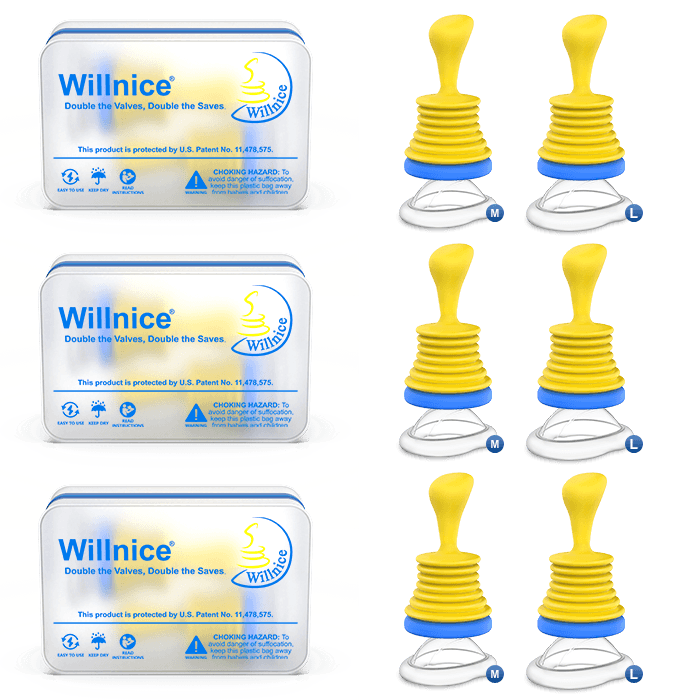
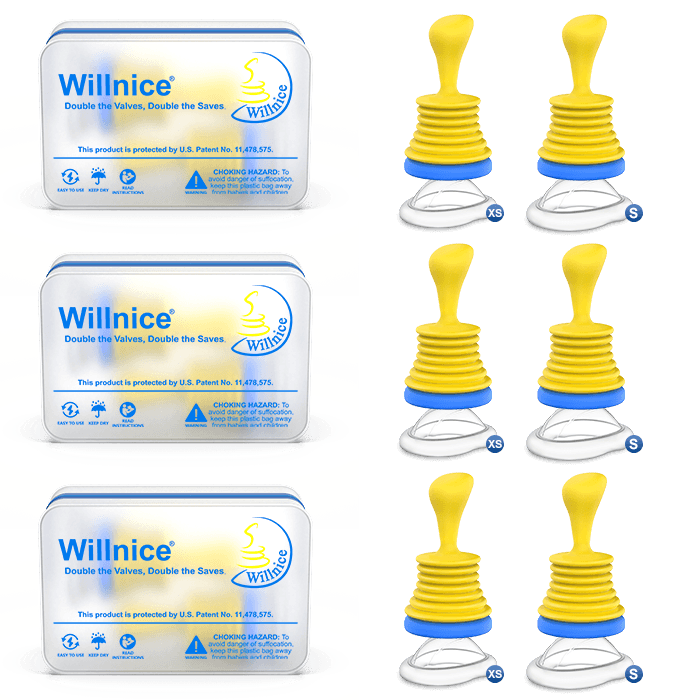
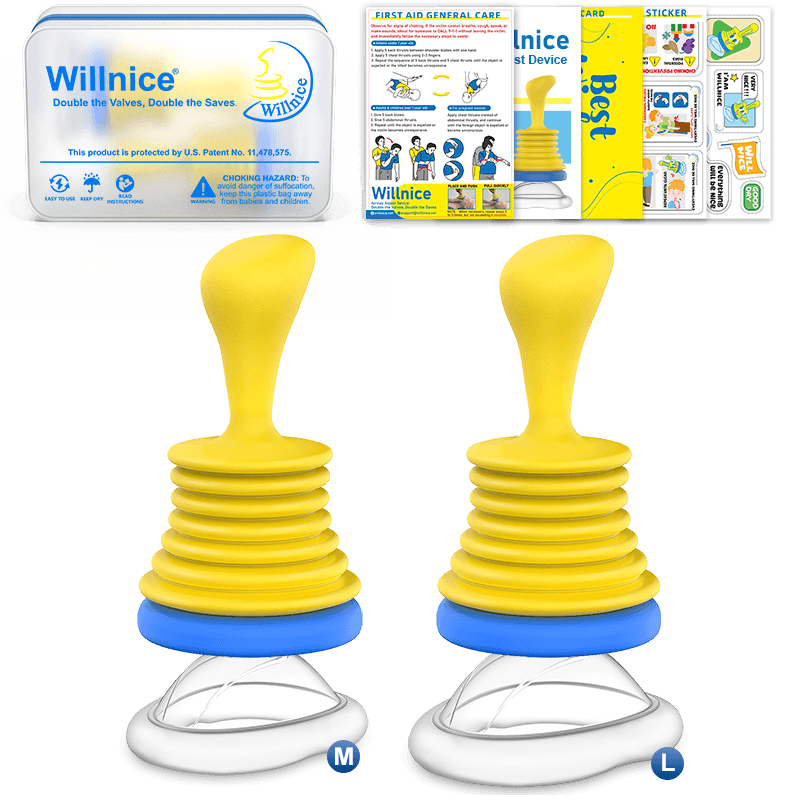
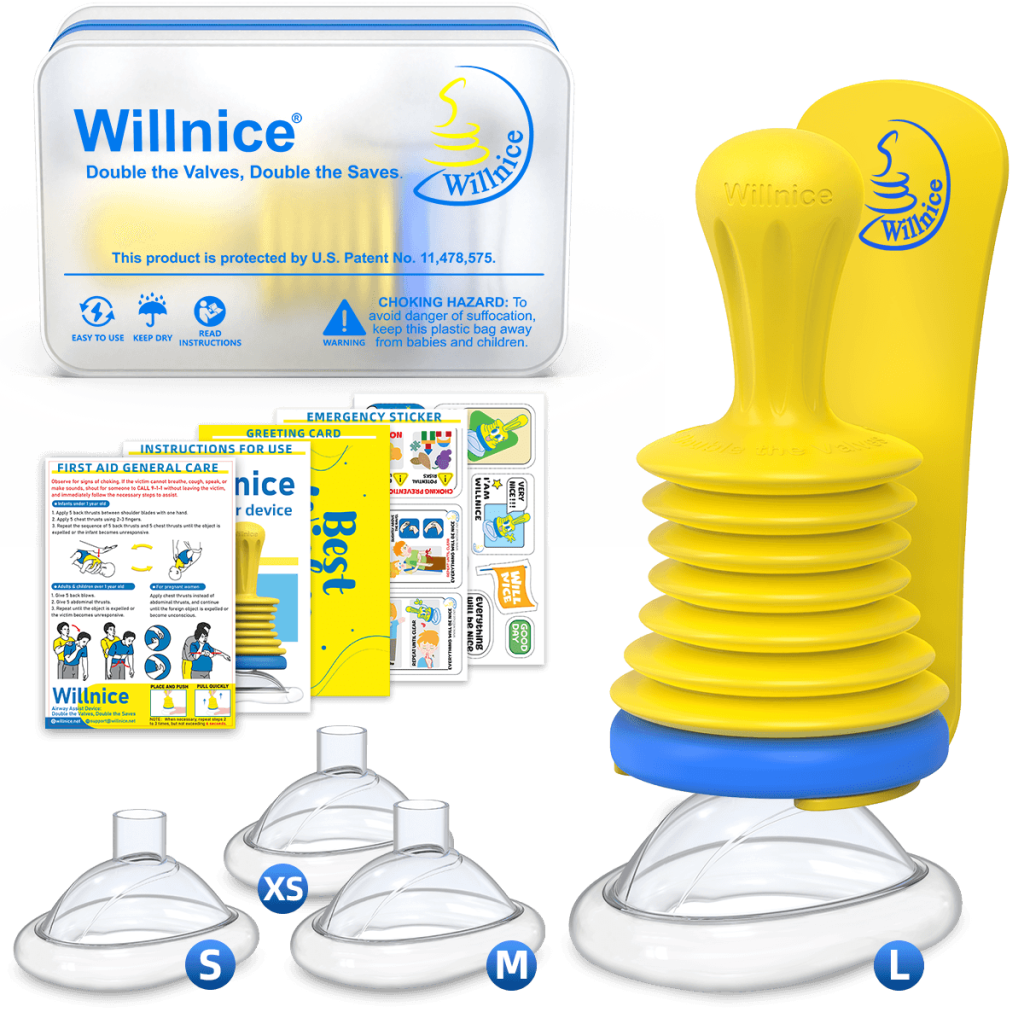


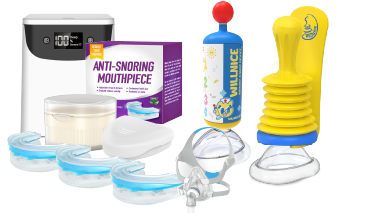

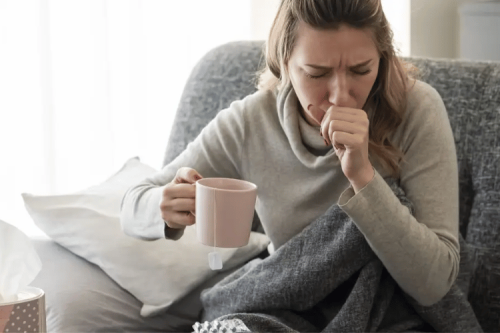


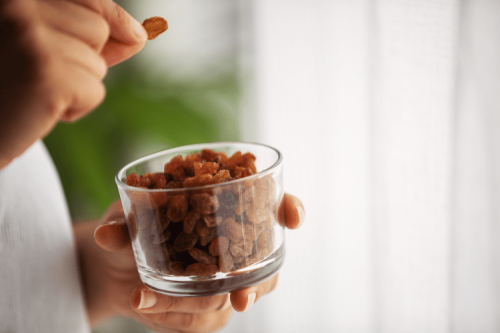

 Login with Google
Login with Google Login with Facebook
Login with Facebook